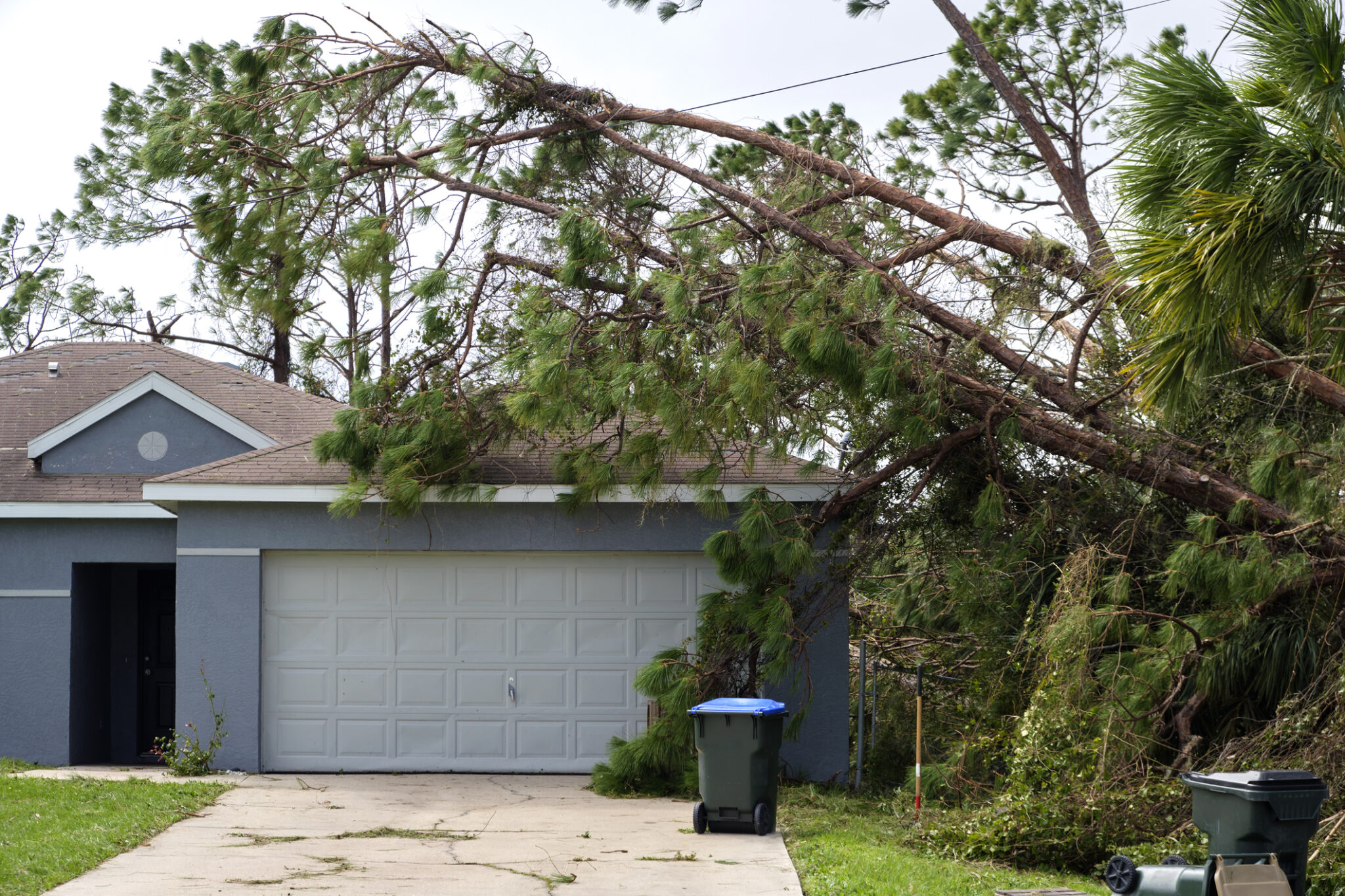The Importance of Insuring Against Environmental Risks

As a property manager, you are responsible for safeguarding your assets and ensuring renters’ safety. One crucial aspect of this responsibility is insuring against environmental risks. With the increasing frequency of natural disasters and growing awareness of environmental issues, having the right coverage is more important than ever. This post delves into the significance of insuring against environmental risks, the types of coverage available, and how property managers can protect their investments while maintaining compliance with local regulations.
Understanding Environmental Risks
Environmental risks refer to the potential threats posed by natural disasters, pollution, and other ecological factors that can adversely affect properties and occupants. These risks can include:
- Natural Disasters: Hurricanes, floods, earthquakes, and wildfires are examples of natural events that can cause significant damage to properties.
- Pollution: Contaminated soil and water sources can pose health risks to renters and lead to costly remediation efforts.
- Climate Change: As climate patterns shift, properties may face increased vulnerability to extreme weather conditions.
Recognizing these risks is the first step in ensuring that your properties are adequately protected.
Why Insuring Against Environmental Risks is Essential
Protects Your Investments
Insurance serves as a financial safety net for property managers. By insuring against environmental risks, you can protect your investment from unexpected events that could lead to substantial financial losses. Without proper coverage, property damage from environmental factors can result in costly repairs and lost rental income.
Ensures Tenant Safety
As a property manager, ensuring the safety and well-being of your renters should be a top priority. Insuring against environmental risks not only protects your assets but also demonstrates your commitment to renter safety. In the event of an environmental disaster, having the right coverage can expedite recovery efforts and minimize disruptions to renters’ lives.
Complies with Local Regulations
Many local and state regulations require property managers to carry specific types of insurance coverage. Failing to comply with these regulations can lead to legal issues and financial penalties. Insuring against environmental risks ensures that you remain compliant while protecting your properties from unforeseen circumstances.
Types of Insurance for Environmental Risks
Environmental Liability Insurance
This type of policy covers property owners against claims arising from pollution-related incidents. It can provide protection for:
- Clean-up costs for environmental contamination
- Legal defense costs in case of lawsuits
- Third-party claims for property damage or bodily injury
Environmental liability insurance is especially crucial for properties located in areas prone to pollution or those near industrial sites.
Property Insurance with Environmental Coverage
Many standard property insurance policies now include additional coverage options for environmental risks. These policies can cover damages from natural disasters, including:
- Flood insurance
- Earthquake insurance
- Wildfire insurance
When selecting a property insurance policy, ensure it addresses the specific environmental risks associated with your location.
Business Interruption Insurance
This coverage protects property managers from lost income due to interruptions caused by environmental disasters. For example, if a hurricane damages a property, business interruption insurance can help cover lost rental income until repairs are completed.
Builder’s Risk Insurance
If you manage properties that are undergoing construction or renovation, builder’s risk insurance can protect against environmental risks during the building process. This policy covers:
- Damage to the property from weather events
- Vandalism or theft during construction
Best Practices for Insuring Against Environmental Risks
1. Conduct a Risk Assessment
The first step in protecting your properties is to conduct a thorough risk assessment. Evaluate your properties’ location, age, and structural integrity to identify potential environmental risks. Understanding these factors will help you determine the appropriate coverage needed.
2. Work with an Experienced Insurance Agent
An insurance agent specializing in environmental risks can guide you in selecting the right coverage for your needs. They can help you:
- Identify coverage gaps
- Compare policy options
- Understand local regulations
3. Review Policies Regularly
As your property portfolio evolves, so should your insurance coverage. Regularly review and audit your policies to ensure they adequately address current risks and comply with local regulations. Make necessary adjustments based on changes to your properties or the environment.
4. Educate Yourself and Your Renters
Stay informed about environmental risks in your area and educate your renters about safety measures. Provide resources on emergency preparedness and environmental awareness to create a safe living environment.
Common Mistakes to Avoid
Underinsuring Properties
In an effort to save on premiums, property managers may choose to underinsure their properties. This can lead to devastating financial consequences in the event of a disaster. Always ensure your coverage reflects the true value of your properties.
Neglecting to Update Coverage
Failing to update your coverage after making improvements or changes to your properties can leave you vulnerable. Always inform your insurer about renovations, expansions, or other changes that may impact your coverage needs.
Ignoring Local Environmental Regulations
Different regions have varying environmental regulations and insurance requirements. Ignoring these laws can lead to compliance issues and fines. Stay informed about local regulations to ensure your insurance coverage is adequate.
The Essential Role of Environmental Insurance
Insuring against environmental risks is not just a smart business move—it’s a crucial responsibility for property managers. Understanding the potential threats and selecting appropriate insurance coverage can protect your investments, ensure tenant safety, and maintain compliance with local regulations.
At Safely, we understand the unique challenges short-term rental property managers face in navigating insurance needs. While we offer tailored short-term rental insurance options designed to protect your investments, it’s important to note that our coverage does not include natural disasters or large-scale environmental risks such as floods, earthquakes, or wildfires. For these risks, we recommend property owners explore specialized insurance products like flood or earthquake insurance.






